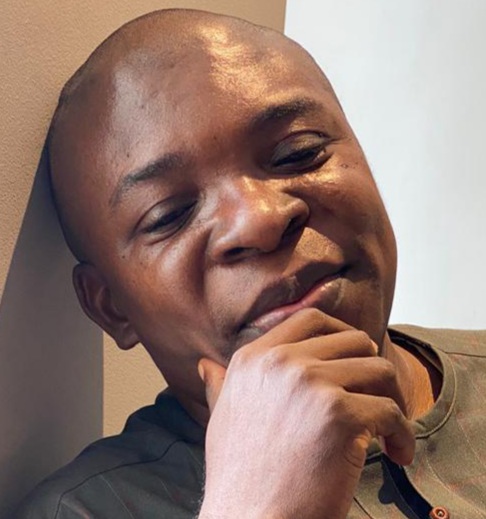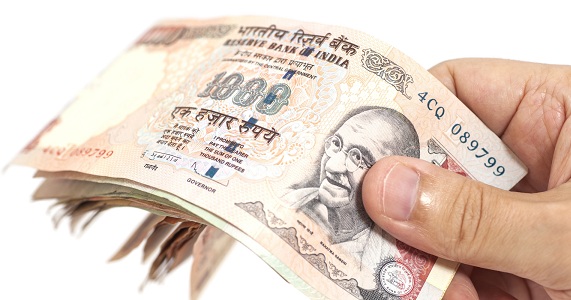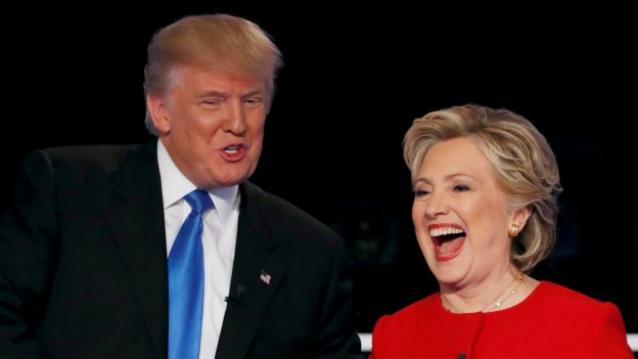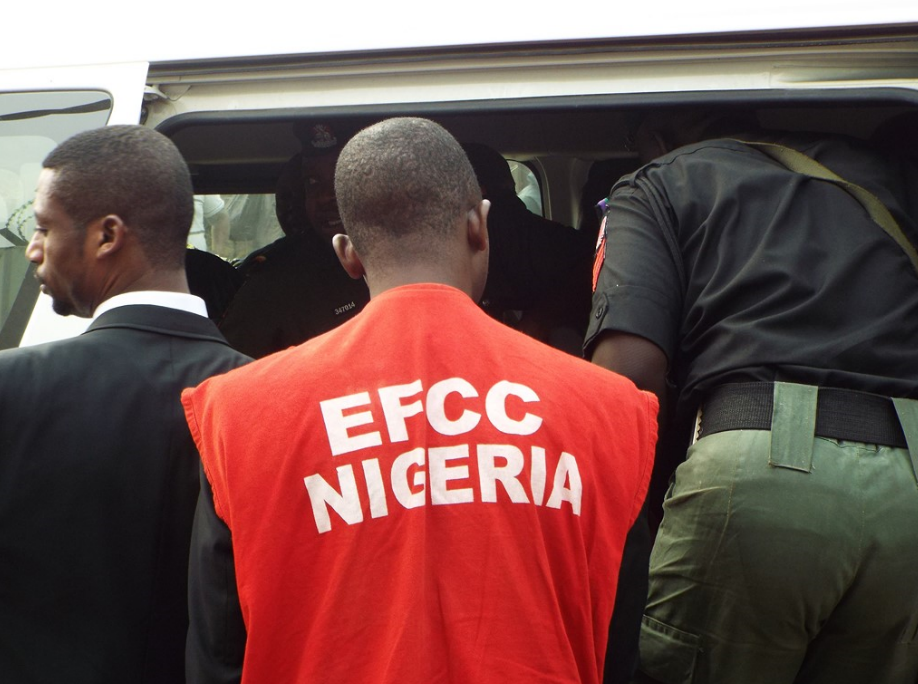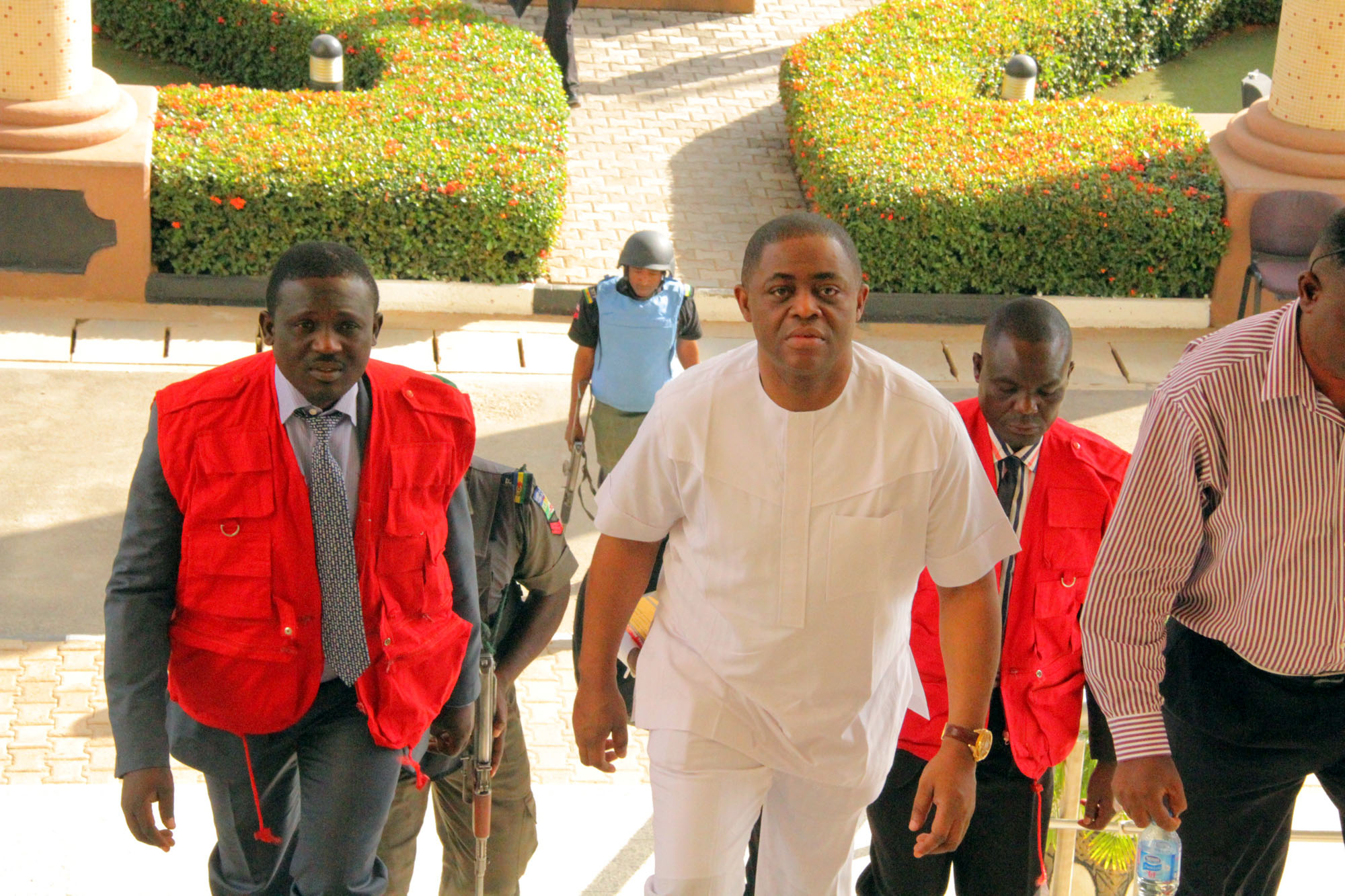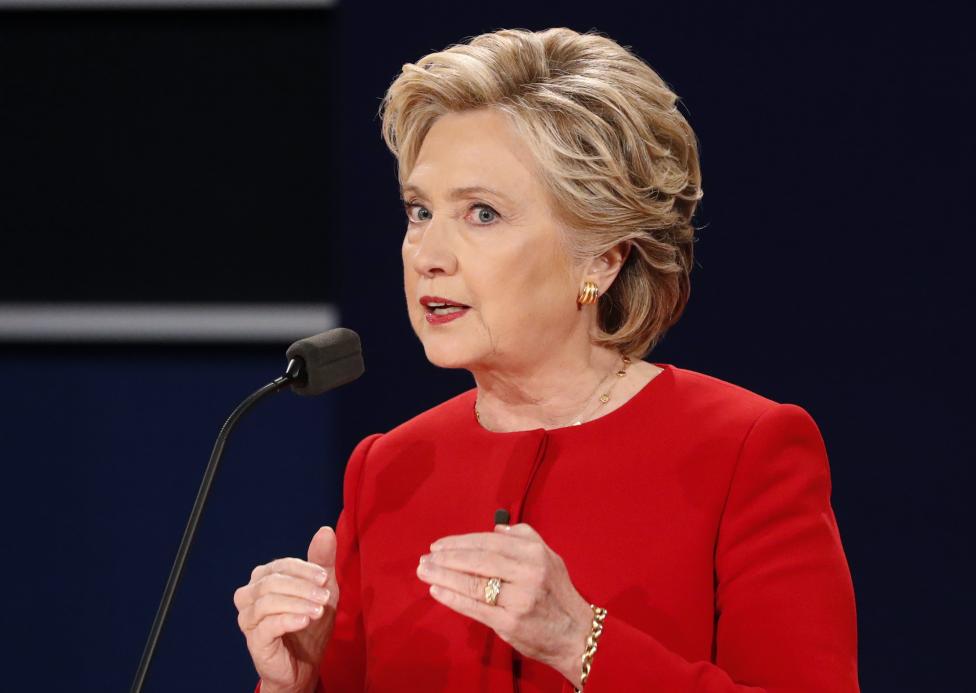In a major anti-corruption move, the government of India announced currency change in a national broadcast midnight of Tuesday by Prime Minister Narendra Modi.
Effective from Wednesday, the government abolished the 1000 and 500 notes of rupees.
However, the change of currency has put virtually all the delegates including diplomats attending the on-going World Health Organisation Framework Convention on Tobacco Control COP7 summit in a very difficult situation.
Indian nationals said the decision was a dramatic move aimed at stamping out corruption and draining illicit cash also called “black buck” from the economy.
Advertisement
Banks in India closed for business on Tuesday in response to the new policy to wait for further directive on how to deal with the current situation.
As it is common in Nigeria, top government officials, private sector operators and others who make money through illicit means have billions of rupees stashed at home and buried under the ground in India.
In his broadcast, Modi said the notes in circulation can be exchanged at the banks till December 30, 2016 and some concessions will be allowed for hospital bills and buying airline, train and bus tickets till November 11. There will be some restrictions on withdrawal of cash from ATMs too.
Advertisement
The government of India has also imposed withdrawal limits on all bank and ATM transactions with 10,000 cash withdrawal per day in bank, 20,000 per week and 2,000 per ATM cash withdrawal per day with a possible increase to 4,000.
The government believed this dramatic move will help bring billions of US dollars of unaccounted-for cash back into the economy and stamp out free flow of counterfeit high value bank notes from militants and other non-state actors who use illicit funds to attack the country.
However, many WHO FCTC COP7 delegates, including this reporter, have 500 and 1000 denominations which hotels and cab drivers are not accepting again for transaction.
Hotels are demanding that bills be paid with credit cards as they refuse to accept cash.
Advertisement
Omah Badjie, a delegate from Gambia, said he is confused as he does not know how he will pay his bills as he only has 1000 rupees notes.
“I think the UN or WHO should make representation to the Indian government to allow non-citizens who are in India for short visits like this conference to use the notes they have to settle their bills. We didn’t plan and bargain for this. I changed all the US dollar I had with me at the airport when I arrived,” he said.
Placied Muighana a Rwandan based in Senegal who is also a delegate expressed shock and the problem he is faced with as he has his cash in 500 and 1000 notes already banned.
“One should think that mopping up of the old currency to the new ones should take some time at least 3 to 6 months. This sudden and immediate effect ban has put a lot of people attending this COP7 into trouble. I heard that WHO is reaching out to the Indian Government to solve this as many of the diplomats and officials attending this conference are also affected,” he said.
Advertisement
Modi won his election about two years ago on the wave of strong anti-corruption credential and has been under immense pressure since he assumed office to fulfil his electoral promise to change the currency.
Advertisement
Add a comment
